Len May, MMC, EFS, is a pioneer in the medical cannabis industry, with more than 25 years researching cannabinoids and their impact on human physiology. As a Certified Medical Cannabis Specialist in Medicinal Genomics, Len May has an intimate knowledge of genomics, cannabinoids and terpenes, and their interaction with the endocannabinoid system. This knowledge has allowed him to consult on the creation of cannabinoid formulations designed to address specific health concerns.
May holds a Masters of Medical Cannabis and is a certified Endocannabinoid Formulation Specialist from the Institute for the Advancement of Integrative Medicine. He has held positions with the Cannabis Action Network as President, and is Board Member and Lifetime Member of California Cannabis Association. Over the past ten years, May has focused almost exclusively on the genetics of the endocannabinoid system and its role optimizing cannabinoid experiences.
Mr. May is an accomplished public speaker having presented on these topics on some of the world’s most prestigious stages in his mission to support physicians, patients and consumers.
Thank you so much for doing this with us! Can you share with us the story about what brought you to this specific career path?
My personal experience with cannabis catalyzed my career. It started with me trying to find what worked best for me and my ADD. Then I started working in the medical space, I used to work with a lot of different people who were diagnosed with various conditions. Groups of people with the same condition would get a different reaction to the same cannabis product. I considered that it had to do a lot with the actual cultivar, which is when I started getting into plant genomics and focusing on the plant. Understanding that led me to understanding that there’s a genetic connection between individuals and cultivars–plant DNA works with human DNA.
The first account of this was when we did a study looking at specific markers of Gervais Syndrome and the epilleptic seizures associated with the syndrome, we found that CBD was definitely useful for these patients with that specific type of epilepsy. From there I looked at starting Endocanna so that we could look at other markers and traits.
Can you share the most interesting story that happened to you since you began leading your company? Can you tell us what lesson you learned from that?
An interesting development that occurred when I began leading my company was the inception of Mydna.live, Endocanna’s health and wellness portal. Most companies prior to us only provided .PDF reports with no practical way to read them or how to understand what they meant; in short, there was no comprehensive or actionable information. I was inspired to develop Mydna.live and ensure that reports provided robust, scientifically based insights so that cannabinoid and CBD consumers have the best chance to achieve an optimal experience with the plant. While the insights the report provided were comprehensive, helpful and easier to understand, I considered how I could make this information more actionable. How could I make these cannabinoid formulations more identifiable and accessible?
We recently launched a new version of the Mydna.live Wellness Report that provides consumers with “Endo·Aligned” formulation suggestions which are matched to commercial products, delineated by geographical regions. The new report further identifies unique genotypes (25 new traits), maps potential risks and suggestions, and aligns individual DNA results with the latest research to predict how consumers will respond to specific cannabinoids, THC and terpenes.
The updated Mydna.live customer health dashboard allows users to view personalized content and experiences based on DNA test outcomes and specific genotype, driven by AI learning algorithms. It also provides an agnostic marketplace where customers can assess which product aligns with the formulation suggestions provided in their Endo·Decoded report.
Can you share a story about the funniest mistake you made when you were first starting? Can you tell us what lesson you learned from that?
When we first started I sat and drew out with colored pencils what I would like our report to look like. Our initial report ended up being about forty eight pages long; it was just an overwhelming amount of information and we were like, “Is anybody ever going to read this stuff?” After speaking to our CTO and going over the sample report with him, he suggested a more concise, similar to other DNA tests on the market–he had just taken a 23AndMe test. From there we decided to build our patented results portal that was customized to the individual and solely contained information, literature, and formulations that were relevant to their genetic profile.
Are you working on any exciting projects now? How do you think that will help people?
We have a few different projects and initiatives in the works right now. We were recently working on the launch of version two of the report. The updated version of the report further identifies unique genotypes, maps potential risks and suggestions for a more positive outcome. The report aligns individual DNA results with the latest research to predict how consumers will respond to specific cannabinoids, THC and terpenes. We also added Dr. Ethan Russo to our scientific board, he will be joining Dr. Christopher Spooner, ND, Dr. Michael Tegan, and myself in our pursuit of validated scientific research and clinical trials.
We’ll be taking on a few new studies together. For example, using EEG phenotypes to match reactions from different cultivars.
We are also looking at ways to support people with their immune function and what that report would look like. One of the things that we’re trying to do is to support people during the COVID-19 outbreak by offering a complimentary report about their immune susceptibility. The report is for people that have taken one of our tests, they can upload the results and we’ll show them an immune susceptibility report that actually provides an overview of different genotypes that were tested previously and have an association with your immune system. We want to display that information and make that information available for individuals so they can take extra precautions, if needed, to fortify their own immune systems.
None of us are able to achieve success without some help along the way. Is there a particular person who you are grateful towards who helped get you to where you are? Can you share a story?
I have so many sources of inspiration and guidance, I feel really fortunate for that. To start, I feel incredibly supported and inspired by the Endocanna Health board which includes Dr. Christopher Spooner, ND, Dr. Michael Tegan, and Dr.Ethan Russo. Dr. Russo recently joined the board and I’m grateful to have a doctor like him on our side–he authored the most referenced cannabinoid study on PubMed pertaining to the entourage effect and has propelled cannabinoid research through clinical studies. I’m also inspired by Kevin McKernan, who sparked my interest in the genomics space as it relates to cannabis.
Finally, and most importantly, the patients and activists. One of Endocanna Health’s main goals is to ensure that people have an optimal experience with cannabis; we care deeply about matching medicine with people that desperately need it.
This industry is young, dynamic and creative. Do you use any clever and innovative marketing strategies that you think large legacy companies should consider adopting?
There is no other industry in the last few years that had the same trajectory as the cannabis industry. We’ve gone from complete prohibition to it being legal in more than three-quarters of the country. With that being said, one of the biggest challenges the industry faces is the fact that we cannot advertise on search engines or social media. While that is not ideal for some companies, we have a long-term marketing strategy, we’re not interested in hit and run campaigns. Consequently, part of our strategy is to attract other like-minded influencers and to start to create strategic partnerships in order to tell a story that matters fundamentally to patients. One of the things that I think it’s super unique about this company, and something I’m really proud of, is the level of transparency and personal connections we make with people–whether it’s for social media or through speaking engagements.
Every single cannabis patient deserves a safe and effective way of consuming cannabis, if they’re using it either therapeutically or recreationally, that’s a big deal for us. I think that it all ties into our foundational mission and that informs every single marketing strategy we engage in.
Can you share 3 things that most excite you about the Cannabis industry? Can you share 3 things that most concern you?
The three things that excite me most about the cannabis industry are that:
- Cannabis and CBD hold so much potential for patients. Seeing the benefits come to fruition are inspirational.
- We’re just beginning to scratch the surface on clinical trials, observational studies and understanding the personal nature of cannabinoids.
- Many respected clinicians, researchers and doctors are beginning to see the potential this medicine holds, and it’s exciting to watch all the medical institutions create programs to educate new doctors. An example is Connecticut’s first legal/certified Cannabis Studies Certificate program just received approval from the CSCU Board of Regents. Next year the state universities will launch BS degrees
Concerns: My main concerns are that charlatans are selling CBD and cannabinoids as a cure-alls for everything, strains are still the primary way consumers select and buy cannabis, and that there is a lack of education surrounding the personal nature of cannabinoids–this can be harmful to people seeking to use cannabinoids in that they may opt for a formulation that is not suitable for their specific needs.
Can you share your “5 Things I Wish Someone Told Me Before I Started Leading a Cannabis Business”? Please share a story or example for each.
Here are the top 5 challenges and factors to consider when when leading a cannabis business:
- Stigma: When I was a teenager my father kicked me out of the house for smoking pot. I was an activist in the early days, advocating for medical marijuana use in Philadelphia. Today, my father asks for my advice on the use of medical cannabis. While some of the walls surrounding cannabis entrepreneurs are crumbling, there are still obstacles that exist with cannabis’ association with the hippie drug-culture and reefer madness. Every day, I’m met with enthusiasm from our peers and customers as cannabis advances in the realms of science and technology while simultaneously having to hide from Facebook and Google to avoid being shut down. The industry stigma presents unique challenges for promoting your brand, even for companies that do not sell cannabis directly.
- Banking: We were banking slightly under the radar with our first major bank. Then our accounting firm suggested we go with a cannabis-friendly bank, especially once we made a significant deposit from our Series A round of funding. The bank certainly was willing to welcome a cannabis company with a $10 million-dollar initial deposit. Wow! Other cannabis companies must have a lot of money sitting around the office in paper bags. Fortunately, my company was not technically classified as a cannabis company and we were able to establish a great banking relationship. Banking has been a challenge, although this is improving as more financial institutions are opening their doors to cannabis-related businesses.
- Credit Card Merchant Accounts: We struggled for months to get our first merchant account and were happy to pay a 7% transaction fee for the privilege of being able to take credit cards. Turns out we are in a gray area. We provide ancillary health-related services in the cannabis industry, but we don’t touch the plant. Apparently the merchant providers didn’t know how to classify us, so much so that we would have had an easier time if we were a retail cannabis dispensary.
- You Still Have to Run a Company: Every day I am confronted with the same type of challenges that CEOs in other industries face: sales and marketing, payroll and HR, and investor relations. Leading a cannabis business requires you have these skills for managing a business while navigating all the challenges inherent in the cannabis industry. This is where multi-tasking or having A.D.D. may present an advantage. There’s a few more plates you need to keep spinning in the air!
- The Green Rush: There is a misconception that if you are in the business of cannabis, you are printing money. An implication of this, for example, is that landlords try to charge you more for rent. Personal guarantees become required and the outside world is always trying to sell you something. The reality is that cannabis is more complicated than other businesses and due to spotty regulations, higher taxation, logistically more challenging to conduct business, and margins are greatly reduced compared to traditional business in other industries. Contrary to popular belief, there is no green rush–however I’m truly passionate about cannabis and feel that this industry is deeply rewarding regardless of that!
What advice would you give to other CEOs or founders to help their employees to thrive?
I recommend that other CEOs and founders start with finding naturally curious and smart people that are passionate about your business. Once you achieve that, management is easy. Employees thrive when they’re passionate about what they are doing and empowered to add value when they are recognized for their contributions. Your job as a manager of people is to place them in a position to win.
You are a person of great influence. If you could inspire a movement that would bring the most amount of good to the most amount of people, what would that be? You never know what your idea can trigger. 🙂
I am living my movement now and hopefully inspiring others to do the same. Cannabis is my medicine and advocating for it is my calling–but I went through a lot of ridicule, challenges, and stigma impacted relationships with family on my journey to this point. My purpose is to end cannabis prohibition and we will achieve that through science. It is the only way to lift the stigma and prove the therapeutic benefits of this amazing, healing plant.
What is the best way our readers can follow you on social media?
Facebook: https://www.facebook.com/EndoCannahealth/
Twitter: https://twitter.com/EndocannaH
Instagram: https://www.instagram.com/endo.dna/
Youtube: https://www.youtube.com/channel/UCRCNgL5Z08wdd03B2KxH7Cg
This was very inspiring. Thank you so much for joining us!

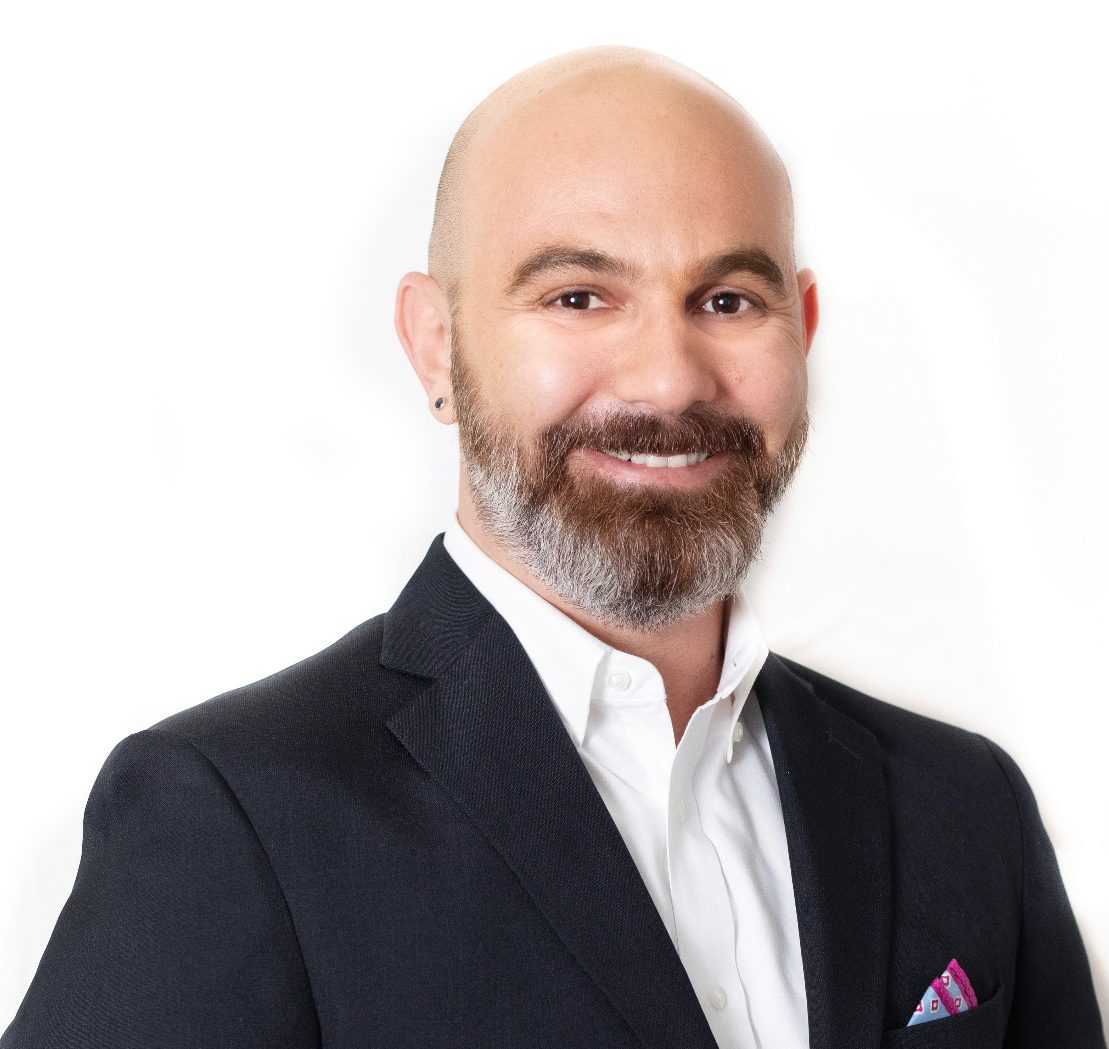
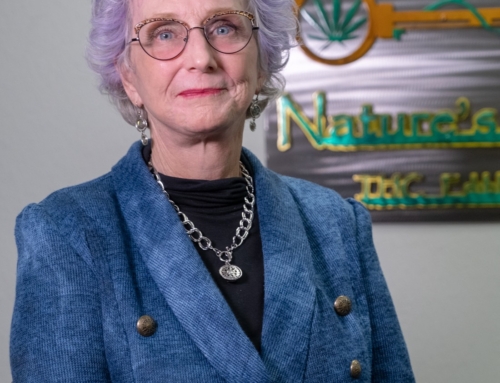
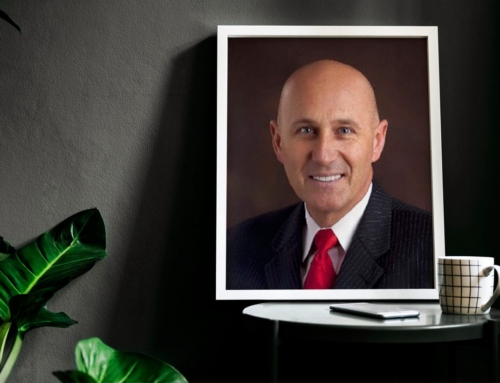
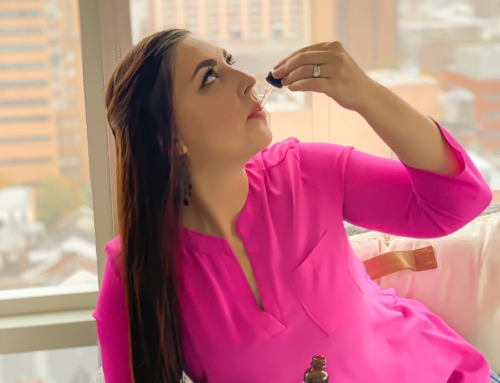

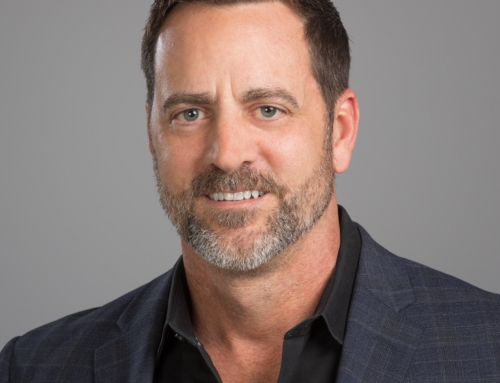
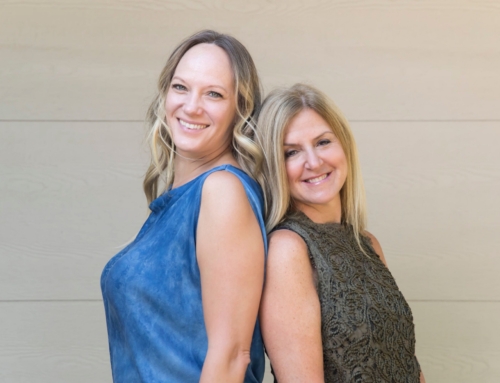
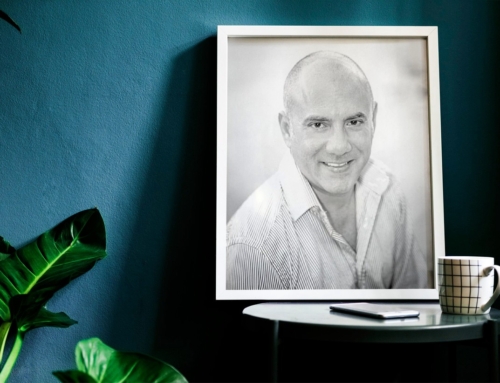
![“The potential to help people [in this industry] is enormous, but there’s still so much to learn.” – Ramon Alarcon, Witi](https://cf.lakesideremedy.com/wp-content/uploads/2020/12/1thj5ekUyxQ69iLz1JJyODg-scaled-e1607882756286-500x383.jpeg)
